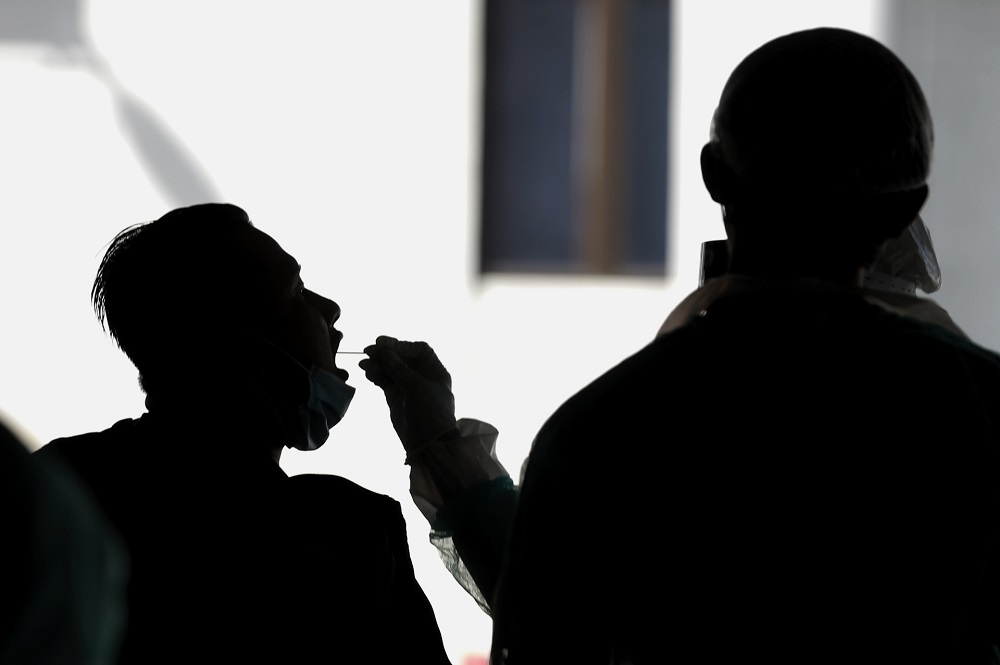KOTA KINABALU, Jan 6 — As cases from community infections continue to soar in Sabah as well as nationally, the state may consider limiting social gatherings ahead of Chinese New Year.
Sabah’s Covid-19 spokesman Datuk Seri Masidi Manjun said that the state would continue to keep all options open, including tightening standard operating procedures (SOP) for social gatherings and interstate or district travel, depending on the virus infection trend.
“With Chinese New Year coming up, we are looking at all the options. As much as we want to allow freedoms, we have to make decisions based on the numbers and recommendations that the Health Department makes.
“I can tell you that we are looking at all options, and if the need arises, the first thing we look at is social activities. That is the main source of community infection. That is why I say try to limit social functions for now to within the household only,” he said during a virtual press conference here tonight.
Masidi said that from the Christmas and New Year spike in cases, the number of infections from close contacts, or what is referred to as “community infections”, were a cause for concern.
“Almost 60 per cent is from close contact screening. Its significance is that they are community infections — when people are exposed to Covid-19 positive carriers. So we should be more cautious and concerned, because it is in the community and there is a high likelihood of infection.
“The figures are frightening to say the least. We in Sabah should be in the recovery phase now,” he said, appealing to the public to refrain from social gatherings and exercise self-discipline in order to keep the number of new cases low.
Following the year-end holidays, there has been an increase in cases in Sabah. There were 225 new cases detected on December 25, and the number dipped to 157 on December 28, before spiking again after that, with 405 new cases recorded today.
Replying to complaints of a number of patients who were reportedly slow to be admitted to hospital or treatment centres, Masidi said that while the average occupancy was around 35.7 per cent, the Queen Elizabeth Hospital here tends to fill up easily.
The state Health Department aims to contact and admit Covid-19 positive patients within 24 hours of notification, but some may face delays due to being out of reach or uncontactable.
“The QEH treats patients from other districts so there may be a lack of beds from time to time. But the hospital is doing its best to speed up the admission of patients to other hospitals and treatment centres, but some cases may take a few days while there are cases of wrong addresses or miscommunication in other cases,” he said.
Over the last five days, QEH, the main reference hospital for Covid-19 in Sabah, has been running on 89 to 92 per cent occupancy, which is far higher than the 30.84 per cent average across the state.




















